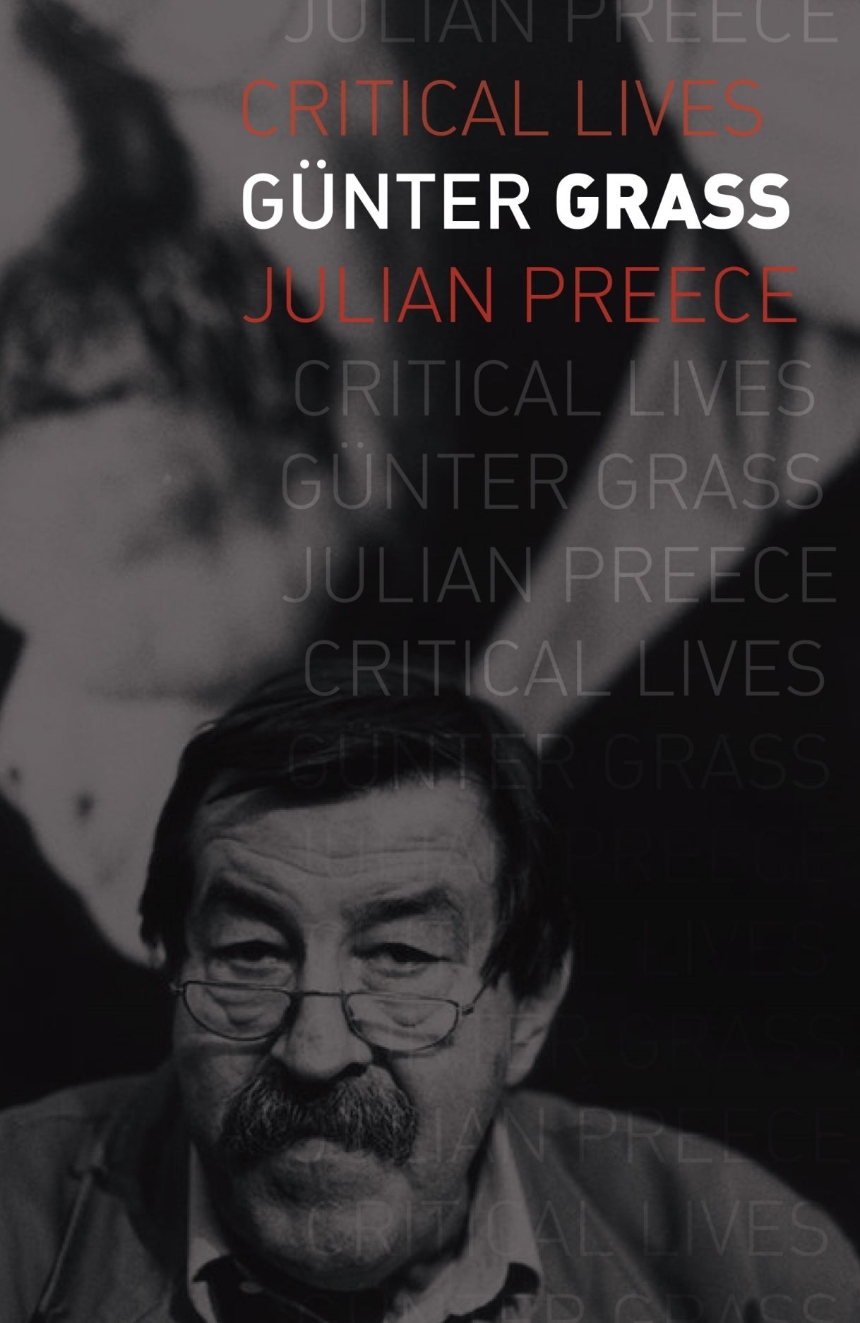Distributed for Reaktion Books
Günter Grass
Günter Grass was Germany’s foremost writer for more than half a century, and his books were and remain best-sellers across the world. The Tin Drum was made into an Oscar-winning film in 1979, and the memoir Peeling the Onion astounded readers by revealing Grass had been drafted into the military wing of the SS, a ruthless component of the Nazi war machine, in the closing months of World War II. Grass also wrote memorably about the German student movement, feminism, and German reunification, and was a key influence on magical realist authors such as Gabriel García Márquez and Salman Rushdie, as well as on the popular novelist John Irving.
Günter Grass is the first biography in English of this Nobel Prize–winning writer. Julian Preece introduces both Grass’s key works and political activities, chronicling his interaction with major figures from literary and public life like holocaust poet Paul Celan, Chancellor Helmut Kohl, and cofounder of the Red Army Faction Ulrike Meinhof. From Grass’s campaigning as a citizen for the anti-Nazi resistor and Social Democrat leader Willy Brandt to his more recent invectives against free-market capitalism, Preece places Grass’s fiction and public work in the context of Cold War European politics and post-unification Germany, painting an indelible portrait of a writer who reinvented the postwar German novel and redefined the role of literary commitment.
Günter Grass is the first biography in English of this Nobel Prize–winning writer. Julian Preece introduces both Grass’s key works and political activities, chronicling his interaction with major figures from literary and public life like holocaust poet Paul Celan, Chancellor Helmut Kohl, and cofounder of the Red Army Faction Ulrike Meinhof. From Grass’s campaigning as a citizen for the anti-Nazi resistor and Social Democrat leader Willy Brandt to his more recent invectives against free-market capitalism, Preece places Grass’s fiction and public work in the context of Cold War European politics and post-unification Germany, painting an indelible portrait of a writer who reinvented the postwar German novel and redefined the role of literary commitment.
Reviews
Table of Contents
Prologue: Many-sided Man
1 From Danzig to Paris, 1927-59: Living The Tin Drum
2 Art and Violence in the Early Fiction
3 Public Uses of Fame: Willy Brandt and the SPD
4 Back to the Future, Forward to the Past
5 Crying Wolf in ‘Orwell’s Decade’?
6 Learning to Love the Berlin Republic: Too Far Afield
7 The New Nation Is Me
8 The Culmination of Project Self
Epilogue: Poetry and Death
References
Select Bibliography
Acknowledgements
Photo Acknowledgements
1 From Danzig to Paris, 1927-59: Living The Tin Drum
2 Art and Violence in the Early Fiction
3 Public Uses of Fame: Willy Brandt and the SPD
4 Back to the Future, Forward to the Past
5 Crying Wolf in ‘Orwell’s Decade’?
6 Learning to Love the Berlin Republic: Too Far Afield
7 The New Nation Is Me
8 The Culmination of Project Self
Epilogue: Poetry and Death
References
Select Bibliography
Acknowledgements
Photo Acknowledgements

